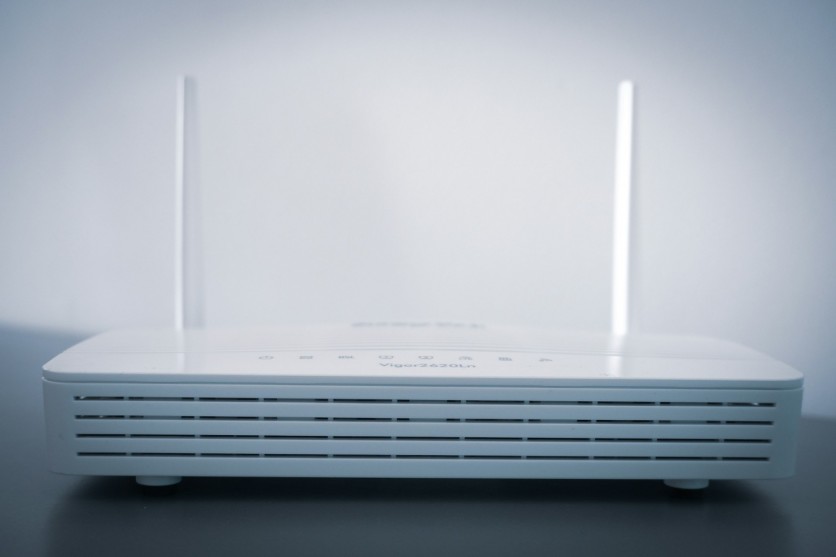Wi-Fi issues can be frustrating and difficult to diagnose. Many everyday objects and factors can interfere with your signal, causing slow speeds and disconnections. Identifying and addressing these can significantly improve your Wi-Fi performance.
According to Virgin Media, there's a simple trick to improve your Wi-Fi's speed in just 30 seconds.
The Power of Rebooting

If you've addressed physical obstructions and your Wi-Fi issues persist, there might be a simple yet effective solution: reboot your router.
As per UK-based online publication The Sun, Virgin Media suggests that rebooting can help by clearing the router's memory of outdated data and resolving processing bottlenecks. This can be especially beneficial if your router hasn't been restarted in a while. Simply turn off the router for 10 seconds and then power it back on.
"The hub can take five to 10 minutes to reboot," Virgin Media warns the customers.
The company adds that when the white light on the hub's front is turned on, that's the sign that the connection is "back up and running."
"The white light is at the front for a Hub3 and a Hub5. For the Hub4 this will be the light ring around the hub," it adds.
Common Household Items that Obstruct Wi-Fi Signals
Several household items can disrupt your Wi-Fi signal, often without you realizing it. These include:
- Microwaves: When in use, they can interfere with Wi-Fi signals.
- Baby Monitors: They operate on similar frequencies as Wi-Fi.
- Fish Tanks: Water can absorb Wi-Fi signals, reducing their strength.
- Mirrors: Reflective surfaces can block or scatter signals.
- Bluetooth Devices: They can create interference, especially if they are close to the router.
- Cordless Phones: These often operate on frequencies that can disrupt Wi-Fi.
Optimal Router Placement
The location of your router has a huge role when it comes to signal strength. Placing your router in a basement or far away in the garage can lead to poor connectivity.
Instead, position it centrally within your home, preferably elevated and away from thick walls or large metal objects.
Securing Your Wi-Fi: Avoid Common Passwords
Weak passwords are a significant security risk, making it easy for cybercriminals to gain access to your network. The National Cyber Security Centre (NCSC) has identified some of the most commonly used passwords, which you should avoid:
- 123456
- 123456789
- qwerty
- password
- 111111
- 12345678
- abc123
- 1234567
- password1
- 12345
- 1234567890
- 123123
- 000000
- Iloveyou
- 1234
- 1q2w3e4r5t
- Qwertyuiop
- 123
- Monkey
- Dragon
Creating Strong, Secure Passwords
To enhance your network security, use long, unique passwords that are easy to remember. The NCSC recommends using three random words strung together.
Avoid reusing passwords across different platforms and devices, as this can compromise multiple accounts if one password is hacked. Utilize a password manager to securely store and manage your passwords-both Google Chrome and Safari offer built-in password management tools.
Improving your Wi-Fi doesn't have to be complicated. By identifying common signal obstructions, optimizing router placement, rebooting your router, and securing your network with strong passwords, you can enhance your Wi-Fi performance and ensure a more reliable connection. e
Meanwhile, you can protect yourself from the security risks of public Wi-Fi networks by applying these five essential safety tips the next time you go to a coffee shop, airport, or any place that has public Wi-Fi.
Read also: This 'Wi-Fi Hoarding' Hack Can Magically Improve Your Internet Connection: Here's How to Do It


![Apple Watch Series 10 [GPS 42mm]](https://d.techtimes.com/en/full/453899/apple-watch-series-10-gps-42mm.jpg?w=184&h=103&f=9fb3c2ea2db928c663d1d2eadbcb3e52)


